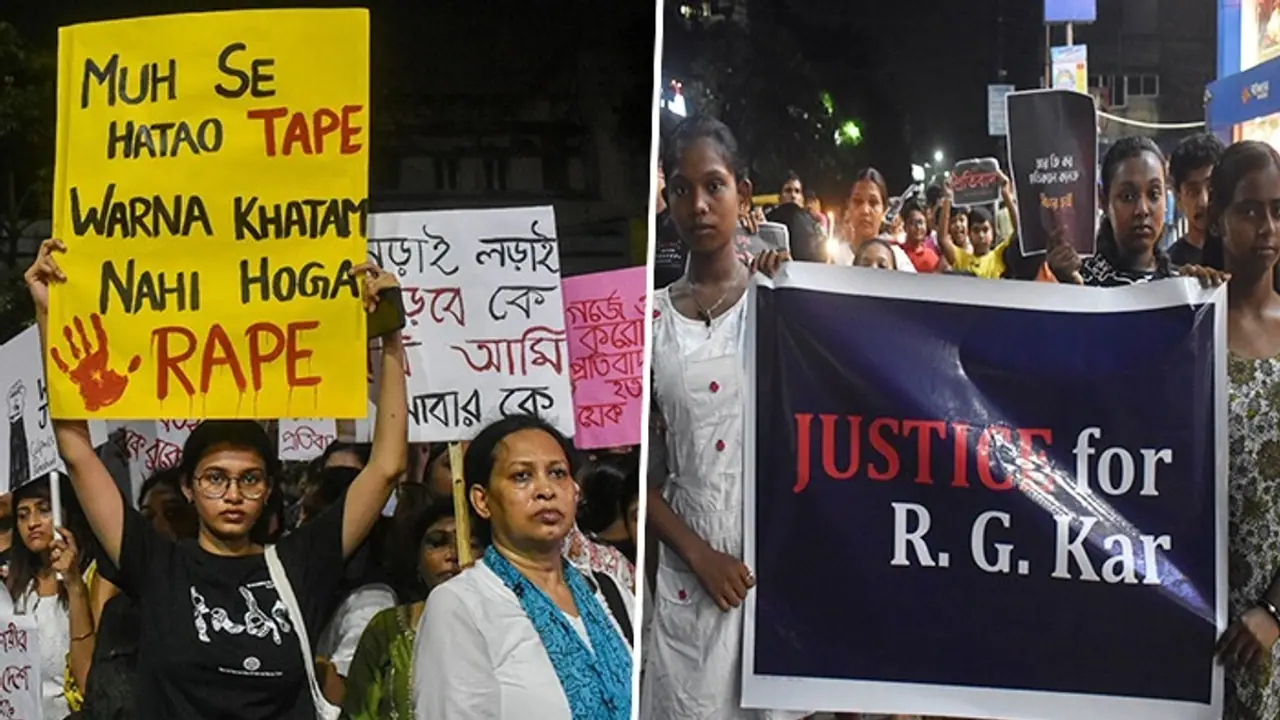Expressing strong disapproval, the court criticized the West Bengal government, calling the incident an "absolute failure of state machinery" and warning that the hospital could be shut down if the state police were unable to protect it adequately.
The Calcutta High Court has demanded a photographic evidence confirming the integrity of the crime scene at Kolkata's RG Kar Hospital, where a body of a doctor was found. The doctor's parents have claimed that the seminar room, where the crime took place, was destroyed by vandals during violent protests on Wednesday night and Thursday morning.

Expressing strong disapproval, the court criticized the West Bengal government, calling the incident an "absolute failure of state machinery" and warning that the hospital could be shut down if the state police were unable to protect it adequately.
In addition to the demand for photographic proof, the High Court instructed the Central Bureau of Investigation (CBI) to submit an interim report on the "pre-planned" vandalism. The court had previously ordered the CBI to investigate the doctor's murder, emphasizing the urgency due to the parents' claims of negligence by the hospital administration and law enforcement.
The horrific murder, potentially coupled with sexual assault, on August 9 at RG Kar Medical College has sparked widespread protests and political disputes across the country. The tensions escalated during Thursday's 'Reclaim The Night' protests, where clashes with the police led to vandalism at the hospital.
In court, state officials attempted to explain the situation, stating that a mob of around 7,000 people had unexpectedly gathered, breaking through barricades and causing significant damage, including the ransacking of the emergency room. The state claimed that while the rest of the hospital was impacted, the crime scene remained secure.
Explained: What ISRO's mini rocket SSLV launch means for India's future in space
However, the High Court was unsatisfied with these explanations. Chief Justice TS Sivagnanam questioned why permission was granted for public protests on such a sensitive issue and criticized the police for failing to prevent the gathering, especially since Section 144 was in effect, prohibiting large public assemblies.
